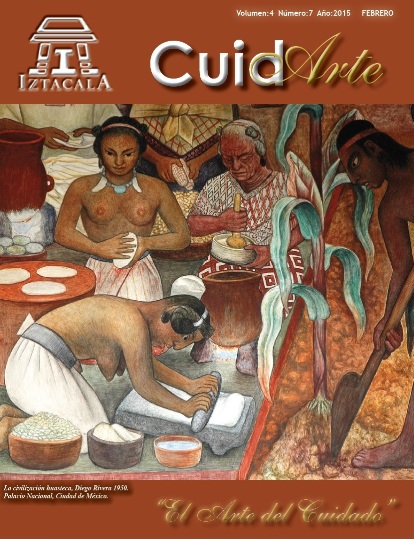Epistemological obstacles: an invisible barrier to nursing research
Main Article Content
Abstract
Downloads
Article Details
References
(1) Guillén DM, Cuevas GL. Investigar en enfermería ¿Por qué y para qué? Desarrollo Cientif Enferm. 17 (2) marzo, 2009. pp. 89-92.
(2) Quintero, CA. Reflexiones sobre el desarrollo de la investigación en enfermería. Desarrollo Cientif Enferm.17 (3) abril, 2009. p. 99.
(3) Bachelard, G. La formación del espíritu científico. 2ª ed. Buenos Aires: Siglo XXI. 2011.
(4) Lavado, S.H. Por qué investigar en enfermería. Disponible en: http://articulosusat.blogspot.com/2008/11/por-qu-investigar-en enfermera.htmlConsultada el 10 de marzo 2012.
(5) Kerouac, S., Penin, J. Ducharme, F. El pensamiento enfermero. Barcelona: Masson. 1995.
(6) Cabrero, G. J. y Richard, M.M. Investigar en Enfermería. Concepto y estado Actual de la Investigación en Enfermería. España:Universidad de Alicante. 2001.
(7) Medina, J.L. La pedagogía del cuidado: saberes y prácticas en la formación universitaria en enfermería. España: Laertes. 1999.
(8) Alonso, T.J.Formación científica en Enfermería. Un concepto que debe evolucionar. Cuidarte “El arte del cuidado”. [Revista on- line] 2014; 3 (6): 08-13. Disponible en:http://journals.iztacala.unam.mx/index.php/cuidarte/article/view/313/440 Consultado el 15 de Febrero de 2015.
(9) Doulián N.N. Las prácticas de vigilancia epistemológica... De acuerdo a los cristales de Michel Foucault. 2010. Disponible en: www.unlz.edu.ar/sociales/hologramatica. Consultado el 08 marzo de 2012.

